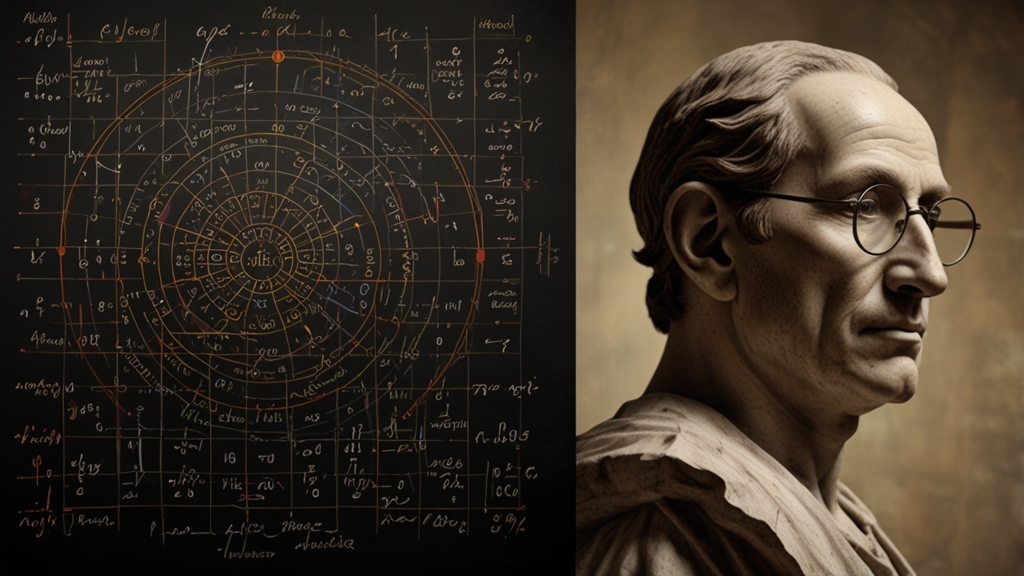Genesis Through the Eyes of Different Religions
The story of Genesis, often referred to as the creation story, is one of the most well-known narratives in religious literature. It is the starting point of the Bible, specifically the first book of the Old Testament. However, its interpretation and understanding vary significantly across different religions. This article explores how Genesis is viewed through the lenses of Judaism, Christianity, and Islam.
Judaism's Perspective on Genesis
In Judaism, Genesis is the first book of the Torah and is called "Bereshit," which means "In the beginning." It recounts the creation of the world by God in six days, followed by a day of rest. This narrative includes the creation of Adam and Eve, their life in the Garden of Eden, and eventually their expulsion due to disobedience.
Jewish scholars and theologians have long debated the interpretations of Genesis. For many, the text is not just a historical account but also contains layers of allegorical meaning and moral teachings. The stories within Genesis are used to illustrate key principles of Jewish faith, such as the importance of following God's commandments, the consequences of sin, and the value of repentance and forgiveness.
"In Jewish tradition, Genesis is not merely a literal account but a tapestry of theological, ethical, and moral lessons intended to guide the faithful."
Christian Interpretations of Genesis
Christianity shares the book of Genesis with Judaism, and it forms a foundational text within the Old Testament of the Christian Bible. However, Christian interpretations of Genesis often emphasize themes of sin, salvation, and the forecast of Jesus Christ's coming.
The story of the Fall in Genesis, where Adam and Eve eat the forbidden fruit, is crucial in Christian theology. It is seen as the original sin, a transgression that has tainted human nature and necessitated the need for redemption. This redemption, Christians believe, was fulfilled through the life, death, and resurrection of Jesus Christ.
Furthermore, various Christian denominations differ in their approach to Genesis. For instance, some Evangelical and Fundamentalist Christians take a literal view, believing in the six-day creation as a historical fact. In contrast, many mainline Protestant denominations and the Roman Catholic Church accept a more allegorical or metaphorical interpretation, allowing for integration with scientific understandings of evolution and the age of the earth.
Islam's View on Genesis
In Islam, the narrative similar to Genesis is found in various verses throughout the Qur'an, though it is not compiled as a single book. The story of creation, Adam and Eve, and their fall from grace is present but is interpreted differently in some respects.
Islam teaches that Allah (God) created the universe and everything in it as a deliberate act of will. Adam (peace be upon him) is considered the first prophet, and his story is used to highlight themes of human fallibility, repentance, and God's mercy. Unlike the Christian concept of original sin, Islam teaches that while Adam and Eve disobeyed Allah, they were forgiven after they repented, and their descendants are not born with inherent sin.
"In Islamic doctrine, the story of creation underscores human responsibility and the potential for redemption through repentance and adherence to divine guidance."
Interfaith Reflections on Genesis
Despite the differing interpretations, the story of Genesis serves as a point of convergence for dialogue among Abrahamic faiths. It underscores common themes of creation, human purpose, and the relationship between the divine and humanity. These shared narratives offer a platform for mutual understanding and respect among religious traditions.
Conclusion
The story of Genesis, while consistent in its core elements, reveals a fascinating spectrum of interpretations across Judaism, Christianity, and Islam. Each tradition brings unique insights and lessons, reflecting their theological and cultural contexts. By studying these perspectives, we gain a deeper appreciation for the rich and diverse ways in which humanity seeks to understand its origins and purpose through the lens of the divine.










